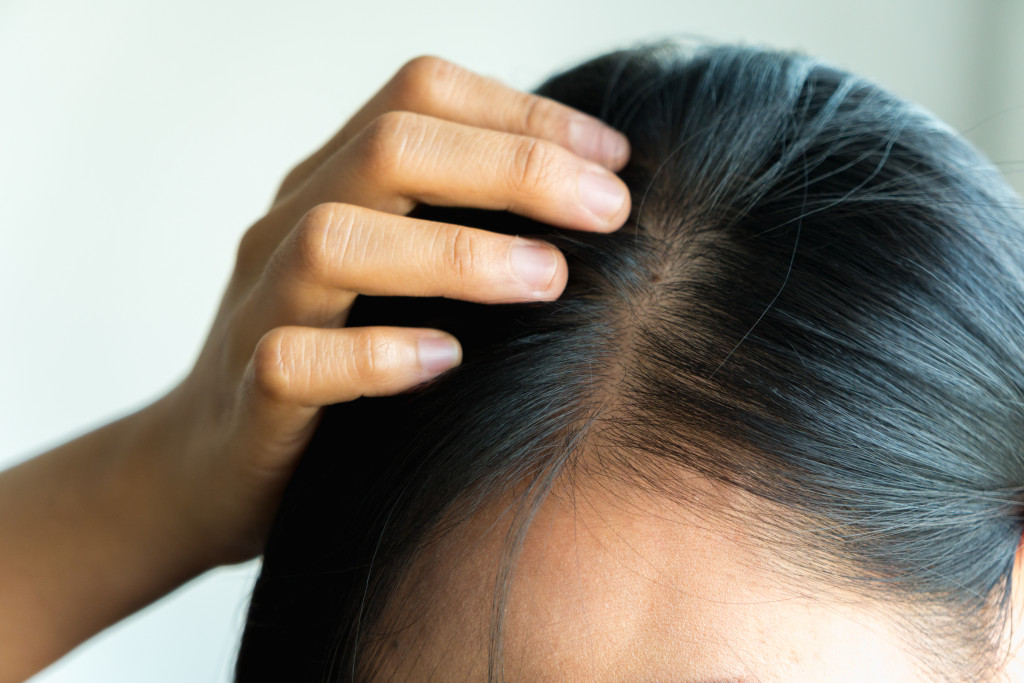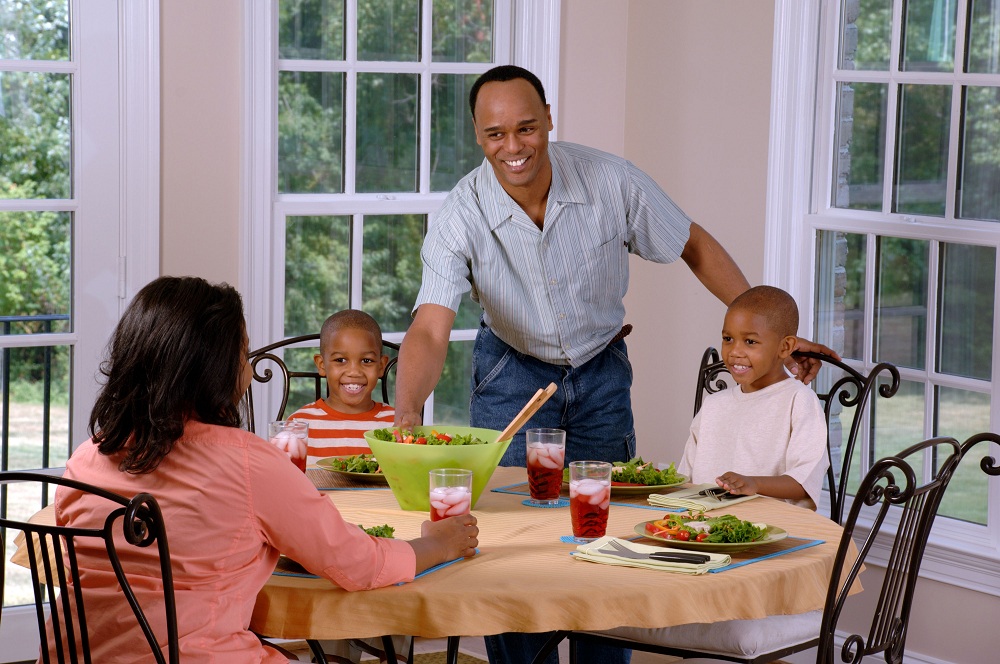Approximately 147 million people in the world will experience alopecia areata at some point. That is a big number, yet it’s a condition that not a lot of people know about.
Alopecia is a condition wherein people experience hair loss not just in their scalp but also in other parts of their body, and the condition can be permanent or temporary. There are multiple causes for this condition, which can include hormonal changes, heredity, and as a normal part of aging. It can be an autoimmune condition in kids, which means that the body’s immune system attacks the follicles in the body from which hair grows. Studies show that about one in every 1,000 children experience it.
What often gets lost in the conversation is how alopecia affects children’s emotions, mental health, and behavior. If your child has been diagnosed with alopecia, here are some ways to support them through their condition.
Keep calm
Once you receive the diagnosis, you must remain calm and objective while still extending compassion. Our kids often take their reaction cues from us, and if they see that you are frantic, distraught, and scared of the condition, they will be too. This is not to say that we will invalidate whatever negative emotions our kids will have about the condition, but they need to know that it’s not the end of the world, and they can learn that from us.
You might be tempted to check your kid’s head every day for patches and how much hair they’re losing, but it might be better for your mental well-being not to. In some cases of alopecia, the hair loss only lasts for a season, and for some, they end up with a completely bald head with hair that never grew back. Whatever the case for your kid, they have to know that they can still live a full and joyous life regardless of what happens in the future.
Slowly make a lifestyle overhaul
With your doctor’s recommendation, make sure that you and your family are using products and consuming meals that can help your child feel supported in the journey. Swap out your old products for an effective shampoo with hair loss treatment to communicate to your child that you’re all in this together. Aside from the hair products, consider changing your diet so that you and your family are consuming meals that help promote healthy hair, not just for your child with the condition but for every member of your family.

Let them experiment with different hairstyles
Now is a good time to let your kid experiment with what makes them feel good about themselves, hair-wise. Be flexible with what they can do with their hair. Since balding spots tend to move from one place to another, teach your child that trying different hairstyles can help minimize how the condition will look. Allow your child to choose their own hairpieces and wigs with your support. But remember to tell your kid that it’s not about hiding their condition; it’s about helping them express their natural beauty. Keep everything positive as much as you can.
Encourage them to stay engaged
Kids with alopecia, especially as they slowly continue to lose their hair, tend to feel more withdrawn, isolated, and different from others. They may feel like their daily activities are no longer worth doing and that they would rather stay home and be alone instead of having to explain to their friends what’s happening with their hair. When this happens, here are some tips to help them stay engaged:
- Hold their hand and don’t invalidate their feelings. If they feel like crying, let them do so. Supporting them means holding space for their pain and not asking them to keep it buried. Let them speak honestly and plainly about how they feel and listen to them well.
- Prepare them for what’s coming. Helping them understand their condition will make it much easier for them to explain when people ask or when they look. Practice with them so that they’re prepared when someone asks.
- Build a supportive community around your kid. From relatives to friends from the neighborhood or church, make sure your child is surrounded by people that love them and do not judge them.
With the right practices, enough effort, and a sincere heart, you can help elevate your child’s quality of life even with this condition. Ask for help from their doctors, talk to your child, and lead with love, and you can never go wrong.



